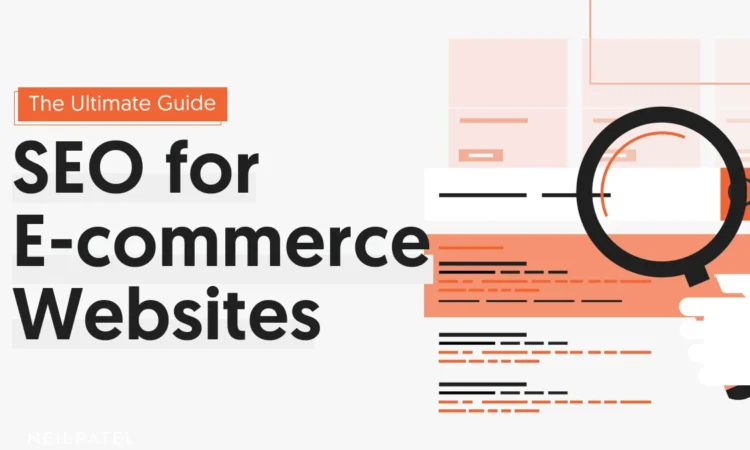
In the competitive digital marketplace, the search bar is a primary touchpoint, a direct conduit to customer intention. For any online retailer, a well-optimized search function is a foundational element of success.
Today’s consumers expect rapid, relevant, and personalized results. A failure to meet these expectations will quickly lead them to explore alternative options.
The objective is to move beyond basic functionality and create a seamless, engaging experience. This necessitates implementing personalized search capabilities that not only anticipate customer needs but also leverage the psychological drivers behind effective personalization.
The Psychological Foundation of Effective Search
The potency of personalized search stems from its ability to address core human psychological needs. It taps into the desire for efficiency, recognition, and a sense of control. When a search experience feels tailored, it validates customer intent and minimizes cognitive strain.
- Building Cognitive Resonance Through Precise Results: By refining search algorithms to prioritize relevance and accuracy, retailers create a sense of cognitive alignment. When search results mirror a user’s mental model, it fosters trust and understanding.
- Reducing Cognitive Load and Enhancing Engagement: Advanced search technologies, capable of interpreting complex queries, streamline the discovery process. Features like voice-activated search and personalized recommendations reduce mental effort and maximize engagement.
Essential Components of a High-Converting Search Experience
To cultivate a truly impactful search experience, retailers should prioritize the following key elements:
- Contextualized Suggestions and Predictive Text for Effortless Discovery: These features provide immediate, relevant suggestions, leveraging the brain’s natural pattern-recognition abilities and minimizing cognitive load.
- Adaptive Filtering and Faceted Navigation for Enhanced User Control: These tools empower customers to refine search results based on specific preferences, fostering a sense of control and reducing information overload.
- Intelligent Search Powered by Cognitive Computing: By leveraging machine learning and natural language processing, retailers can deliver personalized search results that anticipate user intent and create a sense of connection.
The Measurable Impact of Advanced Search on Conversion Rates
A strategically implemented search system directly contributes to improved customer outcomes through:
- Accelerated Product Discovery and Reduced Decision Fatigue: Features like intelligent autocomplete and error correction enable customers to quickly locate desired products, streamlining the purchasing process.
- Personalized Search Results for Enhanced Relevance and Customer Loyalty: AI-driven algorithms analyze user behavior and preferences to deliver tailored search results, fostering relevance and driving loyalty.
- Optimized Mobile Search Experiences for Seamless, On-the-Go Engagement: Mobile-friendly design, voice-activated functionality, and responsive filters ensure a seamless search experience for mobile users.
Strategic Implementation of Best Practices for Search Optimization
To maximize the benefits of advanced search, retailers should prioritize the following:
- In-Depth Understanding of Customer Psychology and Behavioral Patterns: Understanding the psychological drivers behind customer behavior is essential for tailoring the search experience.
- Data-Driven Iteration and Continuous Optimization: A/B testing and performance monitoring are crucial for ensuring the search system operates efficiently and adapts to evolving customer expectations.
Concluding Thoughts
In the competitive landscape of online retail, advanced search is a vital component of a conversion-focused strategy. By prioritizing the development of a robust, intuitive, and personalized search experience, retailers can enhance customer satisfaction, drive conversions, and achieve their business objectives.




